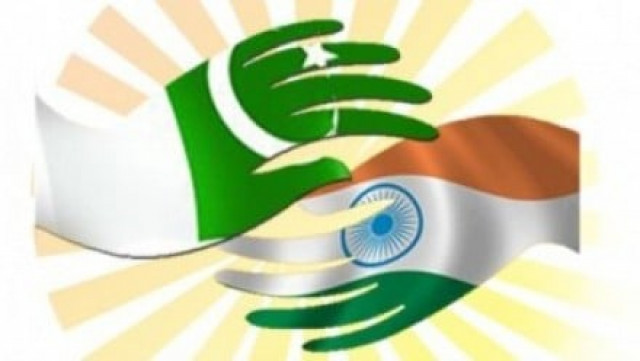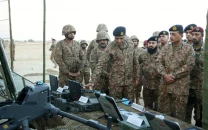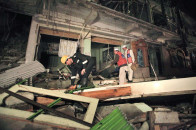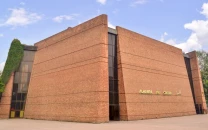Welcome opening on the Wagah
Pakistan has announced that it has agreed “in principle” to grant Most Favoured Nation (MFN)status to India.

Welcome opening on the Wagah
Pakistan’s proposed measure has come after India has shown itself to be flexible in removing the many non-tariff barriers to trade that Pakistani exporters face when supplying goods to India and in particular after it ended its objection to a the European Union granting concessions to 75 Pakistani items of import. At trade talks in Mumbai last month, the Indian government arranged for direct talks between Pakistani businessmen and Indian officials, a process that is expected to help remove some of the non-tariff barriers. While welcome unto itself, we hope that this dialogue results in an ease in the regulatory burden on Pakistani exporters. We hope that New Delhi will come to view the removal of those barriers as contributing to its own economic benefit. The cement industry is a prime example of an area where greater trade might help. Pakistan has a surplus of production capacity and India has a shortage. Yet rather than buying cheaper Pakistani cement, India ends up importing from Africa — paying higher shipping charges — simply because of the regulatory restrictions on importing goods from Pakistan.
India is harming its own economic interests and would be well served by removing many of these barriers. Imagine the political and economic dividends India could reap by allowing Pakistani cement in: lowering the cost of housing construction in its own country and making a constituency within Pakistan that has an economic interest in maintaining good relations with India. For its part, Pakistan’s primary tool of preventing trade is the use of old-fashioned tariffs (Islamabad uses relatively few non-tariff barriers). The move on the part of the government to reduce tariffs on more than 200 goods is an encouraging one. Both sides need to do their part to open up the region to trade and unlock its full economic potential.
Published in The Express Tribune, October 14th, 2011.



















COMMENTS
Comments are moderated and generally will be posted if they are on-topic and not abusive.
For more information, please see our Comments FAQ